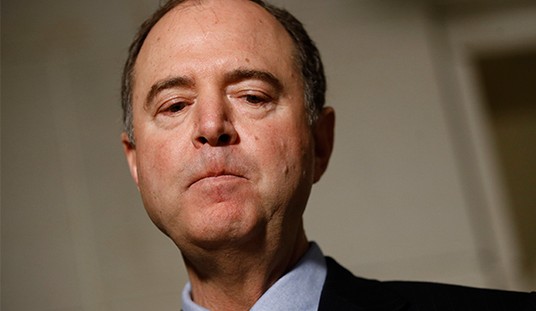I went to the car dealership yesterday to get my yearly service and dreaded it. Each year, the experience gets a little worse. I asked for a loaner so I could do errands while I waited for my car and was promptly told to go out and get my insurance card from my car. It was raining so that was fun and then when I got back, an officious woman presented me with a form for the rental car with numerous signatures needed.
“Don’t smoke, damage or hurt the vehicle and bring it back with the same amount of gas in it,” she barked. I grumbled but signed as she told me not to scratch the vehicle. I told her that if that was the case I wanted to take pictures of the car with my phone prior to leaving. How could I be sure it wasn’t already scratched? I didn’t trust her and she didn’t trust me.
How did it come to this? Only a few years ago when I went to the same dealership, it was a pleasant experience. They didn’t act like I was a criminal and were courteous and more trusting and so was I. This car experience strikes me as a metaphor for the current state of our society in that we no longer trust each other and it is becoming a troubling state of affairs.
I thought about this car experience while reading a new book by David Rose called Why Culture Matters Most. The book focuses on high- and low-trust societies:
The key to achieving mass flourishing is culture – not genes, geography, institutions, or policies.
In this thought-provoking book, David C. Rose argues that societal success depends on overcoming the challenge posed by rational self-interest undermining the common good. General prosperity requires large group cooperation, which requires trust, and yet as societies grow larger it becomes more difficult to sustain a high trust society. Culture uniquely addresses this problem by aligning individual interests with the common good, thereby addressing the empathy problem and the greater good rationalization problem. Culturally transmitted moral beliefs can sustain large group trust are akin to commonly owned asset by members of society and like any commons are subject to problems of abuse and neglect.
These problems are apparent in all societies, and Rose highlights a dilemma: while human flourishing requires the general prosperity that comes from a free market system and it requires freedom that depends upon democratic institutions, there is a danger of redistributive and regulatory favoritism that undermines trust in the system generally. This can lead to political tribalism that is shown to reduce trust in the democratic system. This tension has implications for social, political, and economic development.
I think the problem is that our political system is now so focused on favoritism towards some groups at the expense of others that our trust is eroding daily. Add into the mix that we have a huge population that has been turned against each other by the media and politicians and it is easy to see why people are wary of each other.
The car dealership deals with more and more people, some who abuse the system, and the frustration and expenses are passed on to the more trustworthy clients. The trustworthy are seen as criminal and have to protect themselves as a result. This vicious circle will continue and decent people will suffer for it. But how do you stop it?









Join the conversation as a VIP Member